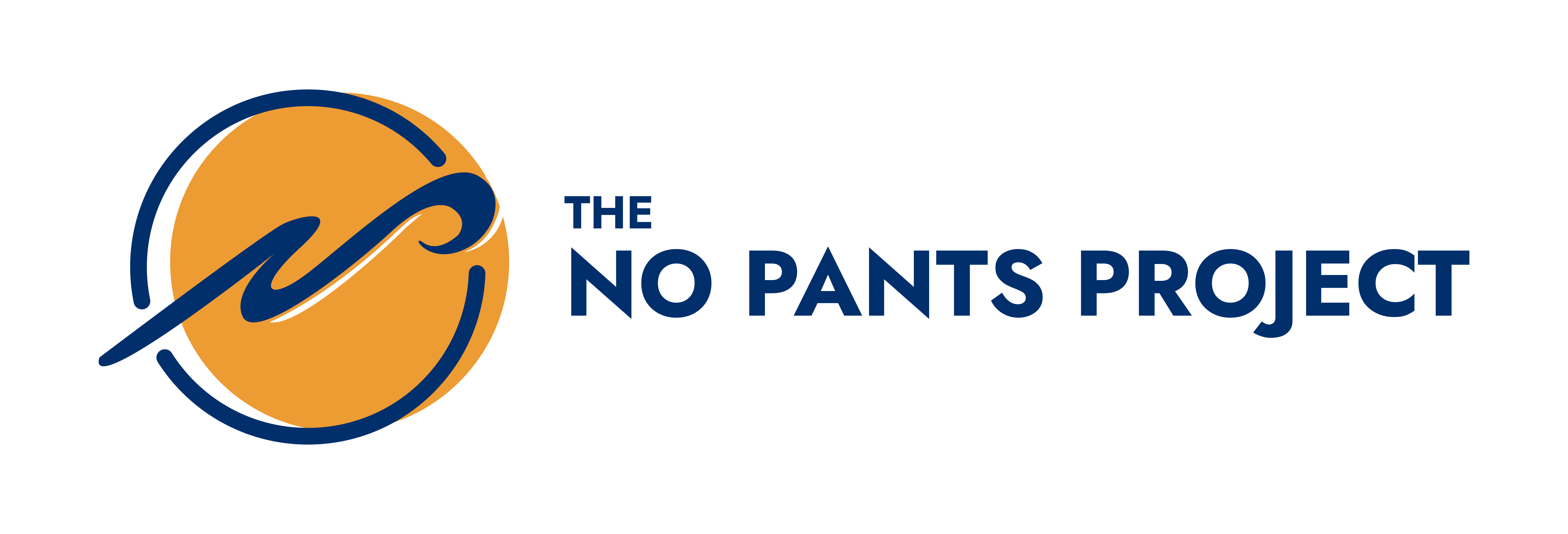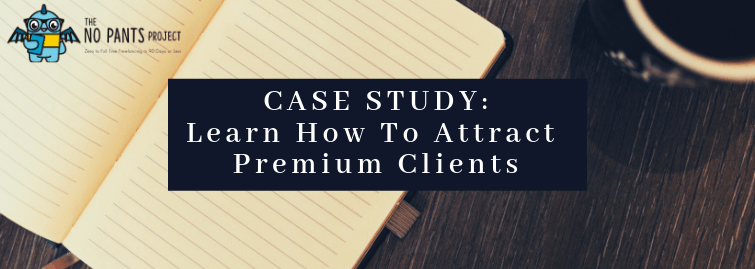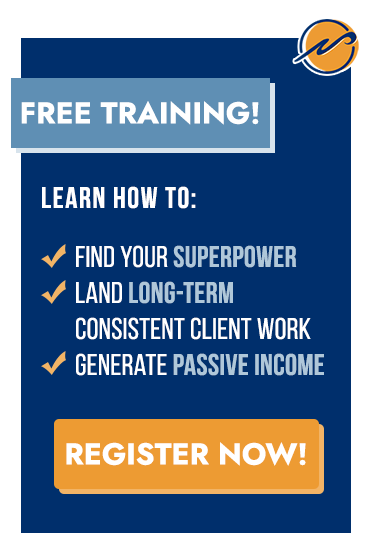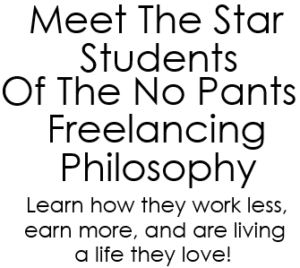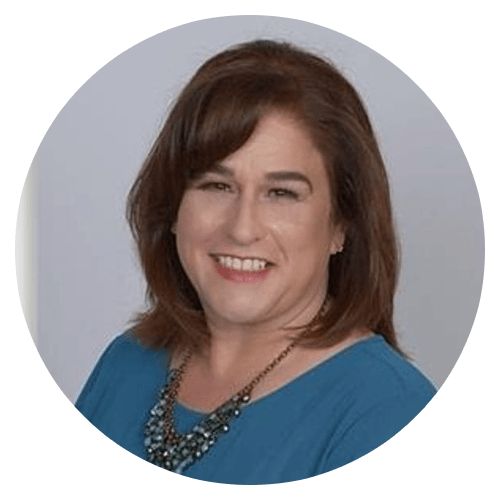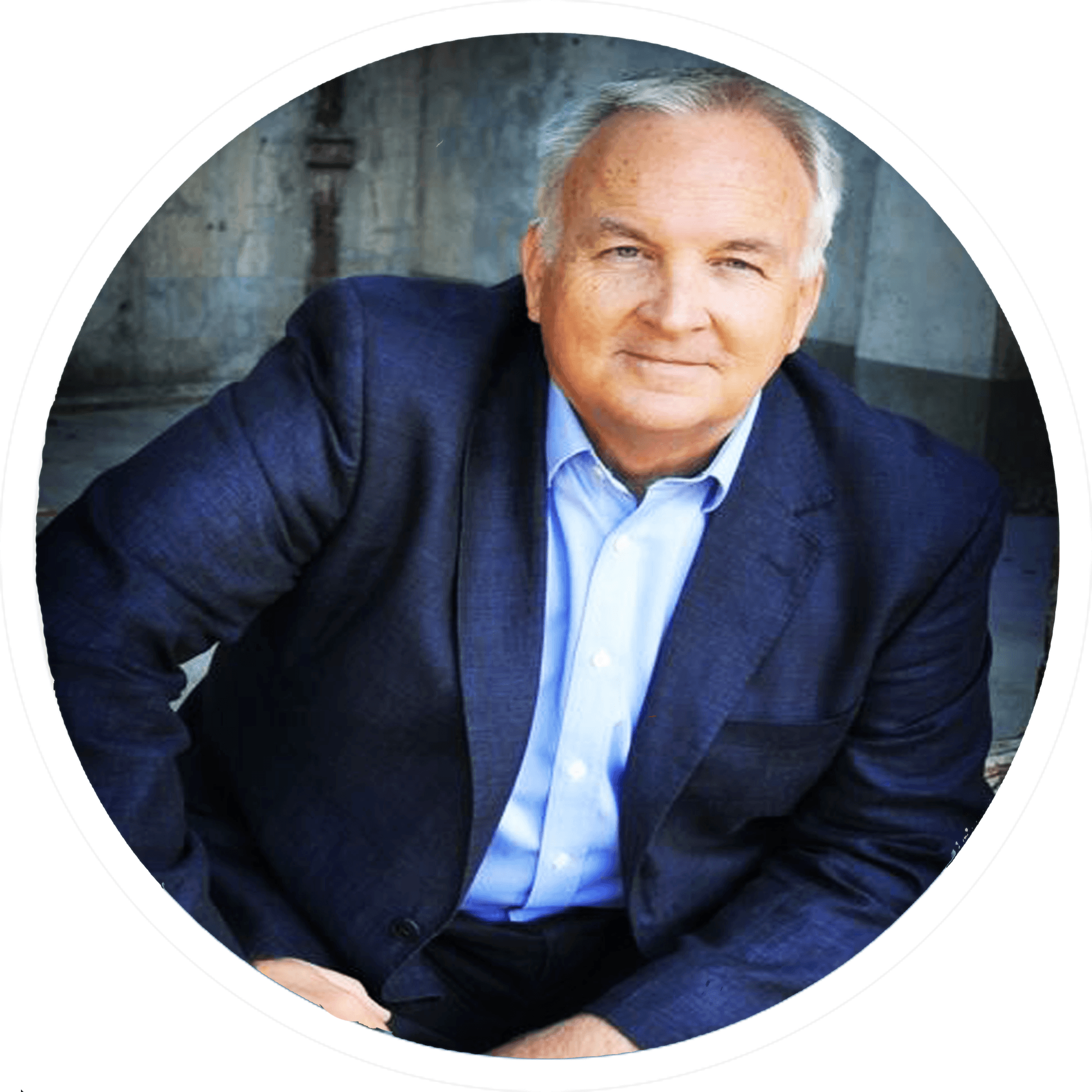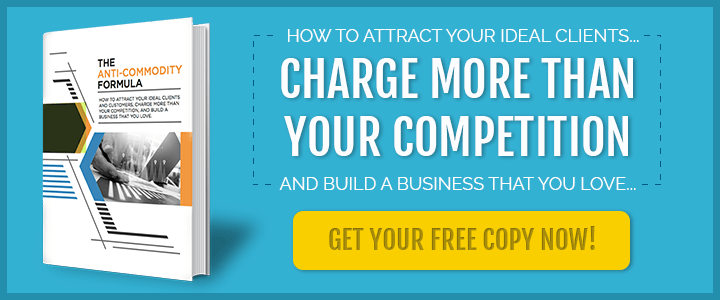While it may at first sound presumptuous, marketing yourself as an expert in your field is a very valuable strategy that a lot of freelancers miss out on.
The tendency is to want to appeal to the masses so that you are sure to have enough work to support yourself.
But without realizing it, many creatives are actually sabotaging themselves by casting too wide a net.
The material they produce is sub par because they are trying to be everything to everybody, and therefore they diminish their own value.

Simone Vincenzi, Co-Founder of GTeX.org.uk, says:
“A lot of people struggle to position themselves as authorities because they are experts in many different fields. They struggle to pick the one thing they want to be known for, and therefore, they aren’t known for any one thing.”
Gaining expert status in a specific area, is the surest way to work with clients that you love and who will happily pay you the fees that you’re worth.
Bonus Reading: 5 Reasons A Freelance Writer Shouldn’t Be A Generalist (And How To Find Your Perfect Niche)
But if you are just starting out as a freelancer, or if you are working in a new niche, how is it possible to call yourself an expert?
Why should anyone believe you?
Wouldn’t that make you an imposter?
Rest assured – we would never suggest that you get scammy or work with anything but the highest integrity.
Mike Shreeve, founder of The No Pants Project, defines what he believes a true expert is:
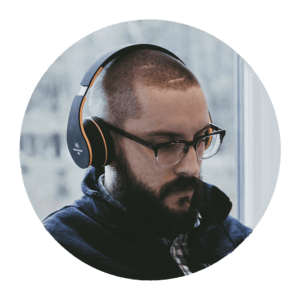
“I see myself as the person who is willing to help as best I can and having the very real conversation with myself that I’m not perfect. If you present yourself as the know it all, you know you’re lying to yourself, so just don’t do that.… I try for extreme honesty when I’m working with my clients.
“Experts are brutally honest about their intentions and their limitations.”
Becoming an authority does not mean you are perfect, and you should never pretend that you are.
What you should have is a willingness to help, to learn, and to grow.

Author and entrepreneur Timothy Ferriss says:
“Sometimes having no experience is a huge advantage. Age doesn’t matter; an open mind does.”
Even if you are brand new, in The No Pants Project, Mike Shreeve teaches multiple ways to quickly and legitimately become a trusted authority in your field.
The only thing required of you is openness.
Expert Vs. Non Expert
A non expert :
- Applies for a job on Upwork or Fiverr
- Fights against other freelancers for bottom of the barrel clients
- Works as a generalist
- Positions themselves as what they are (writer, graphic designer, etc.)
- Offers cheap services
- Is forced to do work for numerous clients just to make ends meet
An expert :
- Runs their own business, by their own rules
- Accepts only the clients that they want to work with
- Specializes in a particular niche
- Positions themselves by their ability to help
- Purposely offers higher priced services so they can give each client the attention they deserve
Example of a non expert:
“I’m a writer who works with business owners. I offer $50 blog posts and will write on any topic.”
Example of an expert:
“I help law firms get more clients by developing strong social media and blog content that increases visibility, reputation, and trust so that they get hired more often.”
Do you see the difference?
Your area of expertise does not have to be a fit for everyone.
It just has to appeal to the right people.
Imagine you are a law firm looking for a writer, and you came across these two different people.
Even if the non expert charges a fraction of what the expert charges, it’s likely that the experience and knowledge that the expert has regarding law and your business’s particular struggles would be well worth that cost to you.
How Do I Find My Niche?

While your passions do have a part to play in your area of expertise, blogger Sue Dunlevie advises us to choose our niche carefully:
“It’s easier to be a great big fish in a small pond than a whale in the ocean. For example, if you want to be a business coach, you’ve got a ton of competition. But if you coach massage therapists on how to grow their businesses, you can very quickly become a whale of a fish in that particular pond.”
If you have been working as a generalist up to this point, try asking yourself the following questions to help you narrow down your niche:
- Why did you start (or why are you starting) your freelancing business? Was it to make an impact? To gain more personal freedom? To pay off debt? To travel?
- In an ideal world, who do you want to teach?
Veterans? Gardeners? Small business owners?
- Who have you enjoyed working with in the past?
What were their traits? How did they treat you?
- What type of businesses would you like to see succeed?
- What are you already good at?
Writing? Coaching? Designing? Giving relationship advice?
- Is there enough demand?
By using keyword research tools, you can see how in demand particular niches are, and how high the competition is in those areas.
Marketing strategist, Kim Garst says:

“How many times have you heard these questions… ‘how did you do that?’, ‘can you show me how’, ‘how do you know that?’
“If people are asking you how to do something or how you did something, guess what? You have something of VALUE and you can charge people to learn from you because they value what you know.
“They want to know what you know and it doesn’t really matter what that knowledge base is. It could be recipes, organizing tips, how to discipline your children, etc. The facts are this … everyone knows SOMETHING. Start with you and value what you know!”
How Do I Gain Expert Status?
Now that you better understand what an expert is, and why they are highly valuable to the clients who hire them, how exactly do you become one?
It really comes down to one crucial point:
An expert understands the power of their prospect’s pain.
An expert puts themselves in their client’s shoes.
They consider that person’s struggles.
They listen to people in the same position.
And they come up with solutions to those specific problems.
Speaking to a particular pain point changes how your audience perceives you.
It’s like calling them out in a crowd by name.
If you show up as the person who can solve pain, you are automatically granted expert status.
You understand the problem, you have solutions, and you will instantly be perceived as a trusted authority.
Bonus Reading: How To Sell Without Selling (In 2 Parts)
The following mechanisms can help you demonstrate your ability to ease your prospect’s pain:
Proof
There are two kinds of proof you can use, and both are valuable.
- Social Proof
List previous clients when relevant, show places your work has been published, provide character testimonials, and client case studies.
- Borrowed Proof
Show your client’s statistics that prove your methods work (even if you have yet to use them yourself). Forward publications, news articles, or endorsements of your craft by well known and trusted sources in your niche.
Portfolio
- Intentionally build a portfolio that addresses your specific expertise statement.
- If you don’t have examples of your work yet, don’t worry. Make some up to use as samples. Just always be honest about the origin of the pieces you provide.
Passion
- Consume, read, and listen to all you can about your area of expertise. Be willing to learn more than others, and you will become the expert.
In his book, “The 4-Hour Workweek: Escape 9-5, Live Anywhere, and Join the New Rich”, Timothy Ferriss gives his tips for becoming an expert quickly:
- Read the three top selling books on your topic
- Give free seminars at the closest well-known university, and at branches of well-known companies
- Offer to write one or two articles for trade magazines
And remember – it’s okay not to have all of the answers.
An expert is just the person who says: “I will do everything to define and solve your problem. If I don’t know how to do something today, I will find a way.”
Practice
- You don’t become an expert in your head. Start sending emails. Start making calls. Start doing the work. Practice is the most effective teacher.
Recognize Pain Points
In order to help the dream client you hold in your mind, you need to take time to consider what problems they have.
Start by making a list of the pain points your prospect is likely experiencing.
These might be:
- High stress
- Lack of family time
- Lack of job satisfaction
- Debt and financial struggles
- Difficulty marketing
- Fear of poor reviews
- Lack of trust from past hires
- Suffering relationships
- Declining health
- Attracting the wrong kind of customer base
- Poor time management
- Trouble prioritizing
These pains are the talking points you will use when you engage with new prospects.
These are the areas that you will use to demonstrate your ability to help.
Creating Your Expertise Statement
Once you have considered your ideal client’s struggles, you should be able to fill out your expertise statement.
This statement is the heart of your business and the best way to define the work that you do.
It looks like this: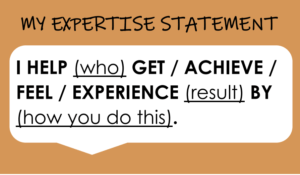
For example:
“I help restaurant owners increase their customer base by 30% with strategic Facebook ads and strong social media content.”
“I help health food companies gain traffic and increase trust with their audience by writing high quality, well researched blog posts.”
“I help busy business professionals lose weight with effective workouts and easy meal plans.”
“I help stay at home moms get their first $1500 in client work by teaching them how to successfully send cold emails.”
Once you define your business with a personalized expertise statement, you will have greater clarity about the types of clients you want to serve, and more confidence in your ability to serve them.
Remember, to gain fast expert status, simply:
- Learn What It Means To Be An Expert
Ditch your employee mentality, run your business by your own own rules, and define your work by your ability to help a specific clientele.
- Find Your Niche
Take careful time to define your goals, giftings, and experiences. Use these factors to narrow down the field you want to work in.
- Gain Authority
Use Proof, Portfolio, Passion, and Practice to position yourself as the expert in your niche.
- Define Your Dream Client’s Problems
Put yourself in the shoes of your ideal prospect and take time to identify the pains that he or she is experiencing. Then work to come up with ways you can solve those problems.
- Create Your Expertise Statement
Define your business objective, your strengths, and your mission with a personalized expertise statement.
- Go Change The World
Never stop learning and improving your craft, find clients who value your work, and help people solve problems!
To learn more about becoming an expert freelancing rockstar, visit us at The No Pants Project.
